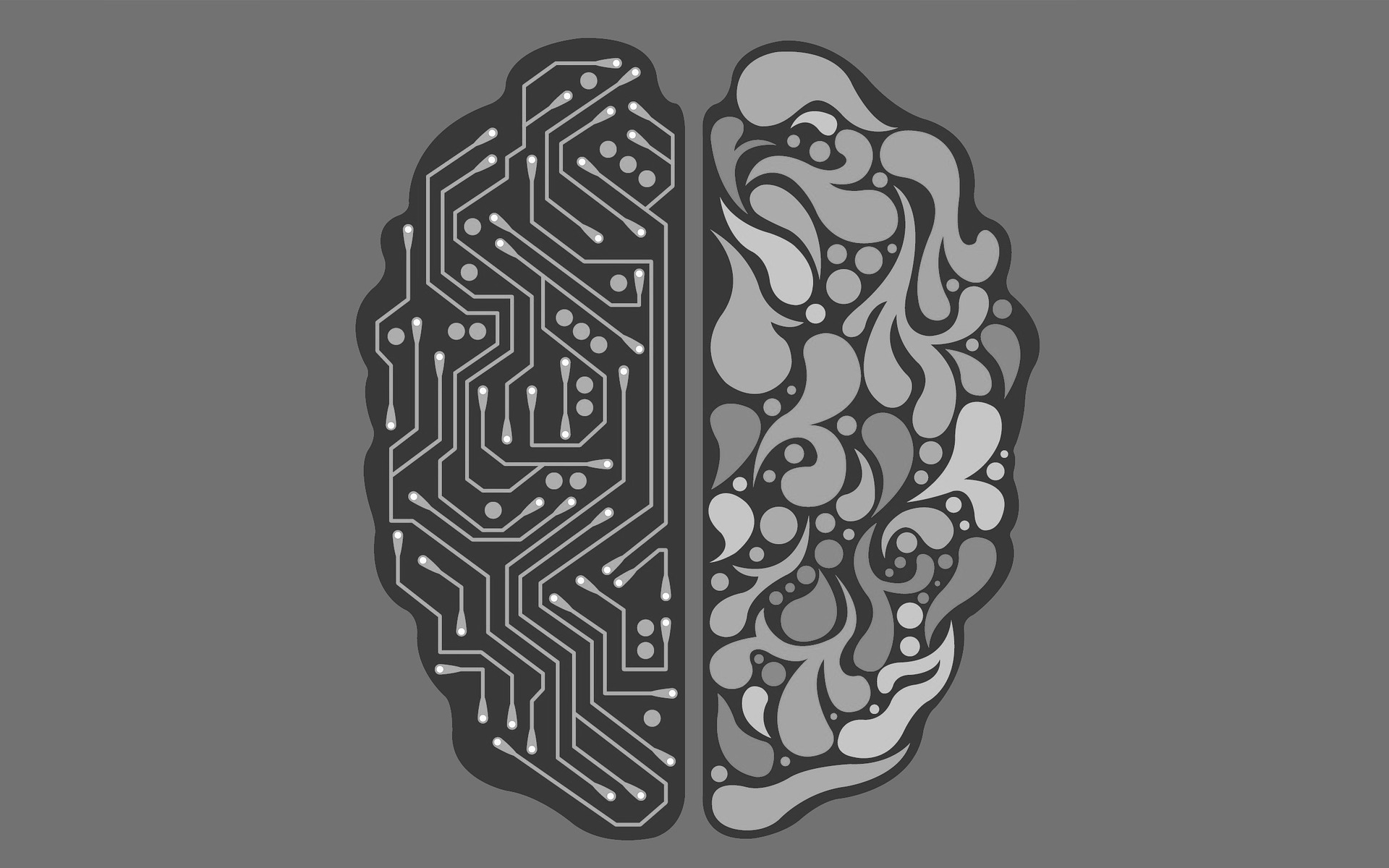Let’s set the stage. 20 lawyers from top universities in the USA gathered to represent humanity in a study. A study to conclude if AI could be as good at interpreting legal documents as said top lawyers. They travelled all the way from Stanford, Duke, and the University of Southern California. Not only did they just lose; they lost very quickly. An AI lawyer may not be a thing of science fiction anymore…
The AI is developed by LawGeex, which was founded in 2014, and based out of New York City. Though, for the record, they have an office in Tel Aviv, Israel as well. But anyway, the AI was trained by top lawyers using machine learning algorithms, and natural language processing. Though its been only 4 years since inception, LawGeex has found major traction in the world of law.
The rules for the study were simple. Both the AI and the lawyers were given four hours to review five non-disclosure agreements (NDAs) and identify legal issues in some documents; tasks most lawyers face everyday. Evaluation is done based on how many issues they have identified, and how accurately, as well as how quickly.
The lawyers lost. With an accuracy rate of around 85%, the lawyers were trumped by the AI’s accuracy of over 95%. That may not seem all that big of a difference, but as people say; the devil is in the details. Where the AI blazed through the documents in an average of 26 seconds, the lawyers took their merry time and clocked in 92 minutes. All in all, it was a pretty embarrassing moment for humanity.
Don’t let this confuse you though. It doesn’t tell us anything new in terms of what AI is capable of. The task given was a repetitive one. This is exactly why we use AI and machine learning; to automate repetitive tasks. The tasks performed by this particular AI were incredibly complex for sure, but they were in fact, repetitive.
What does this mean for all the brains that are in law? Well, it’s good news in fact. Because, with all the grunt work done by an AI, lawyers are free to spend their time where a human is still useful. This study may prove that humans are inferior when it comes performing to repetitive tasks opposed to a computer. But this is something that was proved a long time ago. So to conclude, an AI lawyer is still a bit too far fetched.


